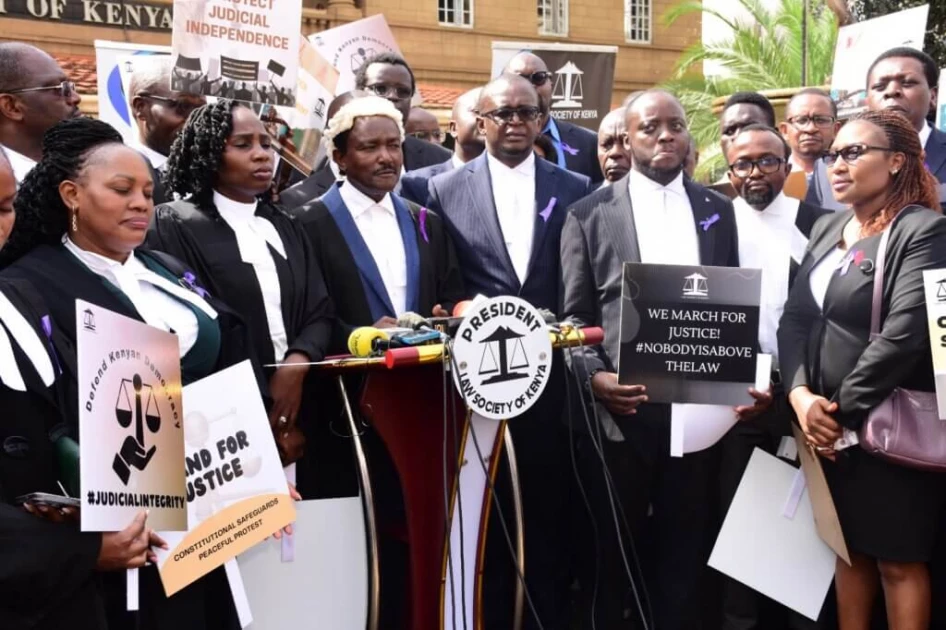Uganda has taken a major step in modernizing its tax system with the widespread implementation of Digital Tax Stamps (DTS), a move that is transforming excise duty collection, reducing illicit trade, and creating a fairer business environment.
For years, Uganda’s tax-to-GDP ratio stagnated below 11%, falling short of the National Development Plan’s 16–18% targets. The problem was exacerbated by a sharp decline in donor assistance, which fell 84% from $905 million in June 2023 to $146.4 million in June 2025, leaving a significant revenue gap.
Recognizing the challenge, the government launched the Domestic Revenue Mobilisation Strategy in 2019, identifying excise taxes as a high-revenue area prone to leakages. Digital Tax Stamps were introduced that same year on cigarettes, alcoholic beverages, soft drinks, and bottled water, later expanding to sugar, cooking oil, cosmetics, and cement.
DTS provides a real-time tracking system from production to sale. Manufacturers, importers, and government authorities can monitor product flows, ensuring accurate tax collection and reducing opportunities for under-declaration.
By the end of FY 2023/24:
1,249 taxpayers were registered for DTS: 920 manufacturers and 329 importers.
Enforcement operations recovered UGX 20.98 billion, with additional penalties amounting to UGX 16.17 billion.
This technology has curbed counterfeit goods, enhanced fair competition, and improved market transparency, leveling the playing field for compliant businesses.
The system has also boosted production across key sectors:
Beer production rose from 346.9 million liters in June 2021 to 473 million liters in June 2024, with 91.1% sold.
Soft drinks and juices increased from 762.8 million liters to 1.5 billion liters, selling 96.2% of output.
Drinking water production grew from 493.4 million liters to 1.1 billion liters, with 98.9% sold.
Cooking oil saw 88.9% of 306 million liters produced actually sold.
This growth is attributed to digitized production lines, which reduced losses and enhanced efficiency, while also making it easier for URA to tax actual sales rather than relying on self-reported volumes.
To complement DTS, the Uganda National Bureau of Standards (UNBS) introduced the Digital Conformity Mark (DCM) program. DCM allows consumers, retailers, and supermarkets to verify certified products via the Kakasa App, ensuring goods meet safety and quality standards.
“These stamps contain product details, certification dates, batch numbers, and manufacturer names,” explained Sylvia Kirabo, UNBS spokesperson.
Together, DTS and DCM not only secure revenue but also enhance consumer confidence, protect brands, and support a more predictable business environment.
Uganda’s embrace of digital tax technology represents a broader strategy for tax modernization and market integrity. By closing revenue gaps, curbing illicit trade, and promoting fair competition, DTS and DCM have become essential tools for a more efficient, transparent, and resilient economy.
The success of these systems demonstrates how innovation and technology can strengthen governance, improve compliance, and protect consumers, even in emerging economies facing fiscal pressures and declining external support.



